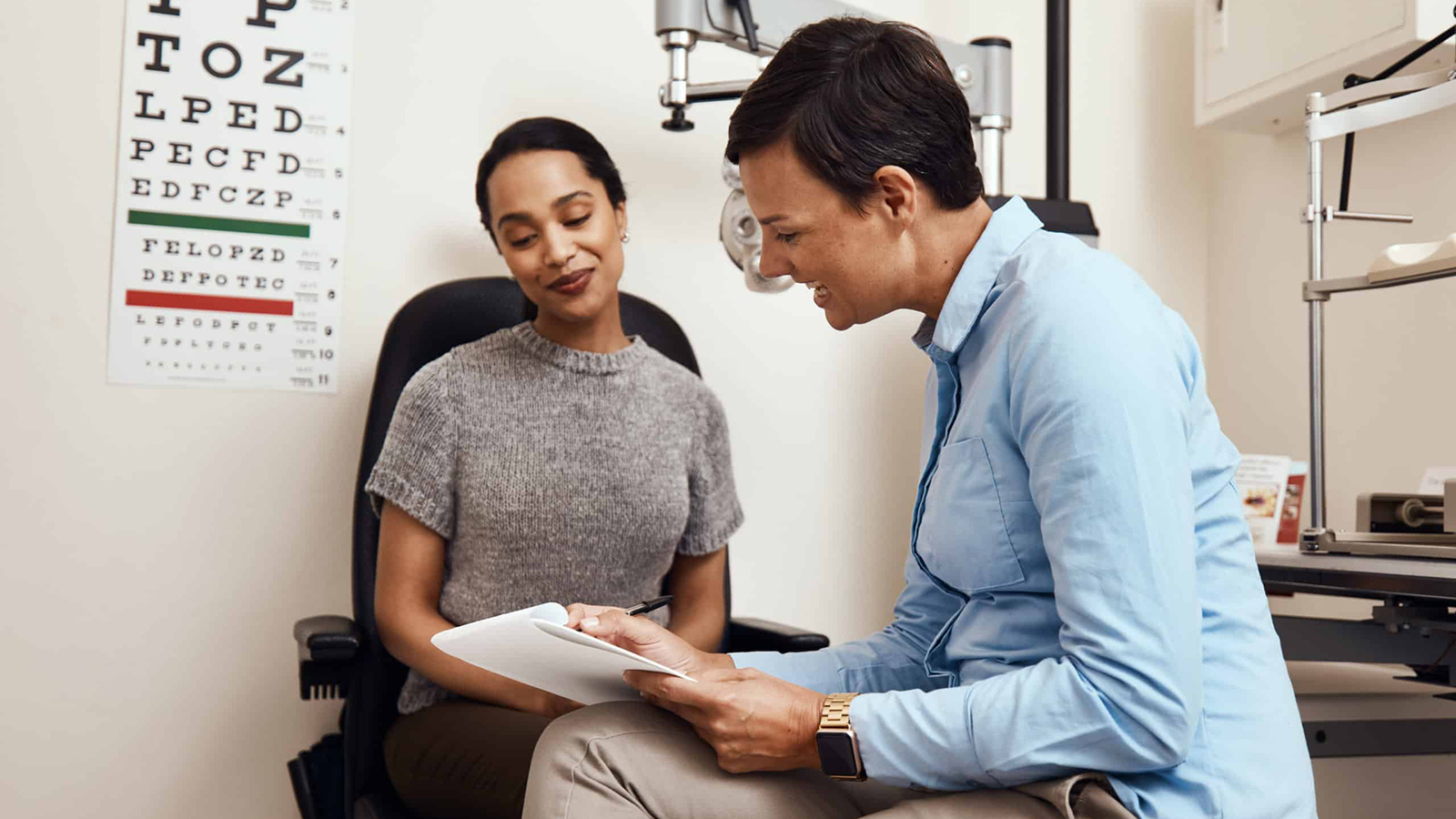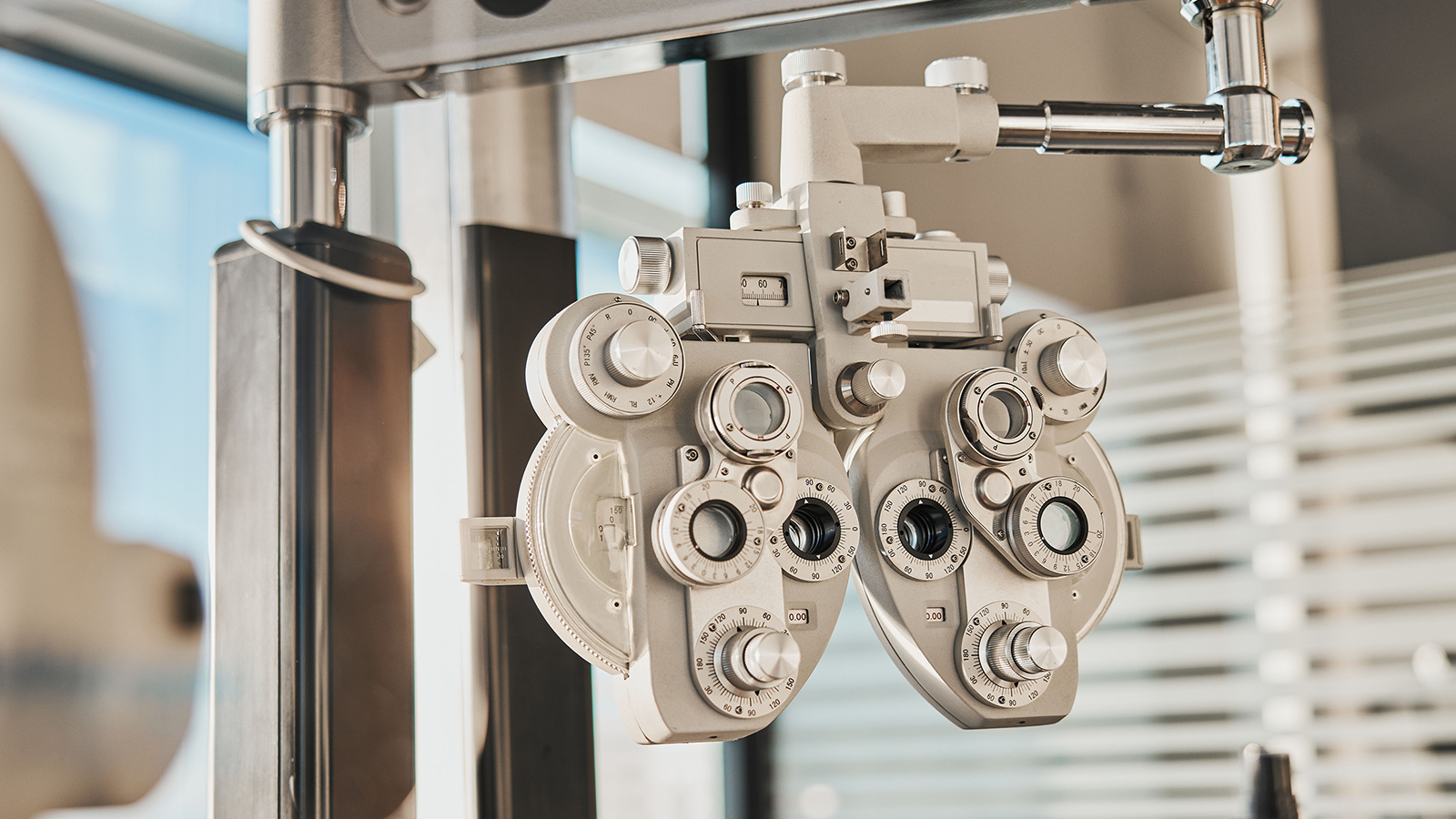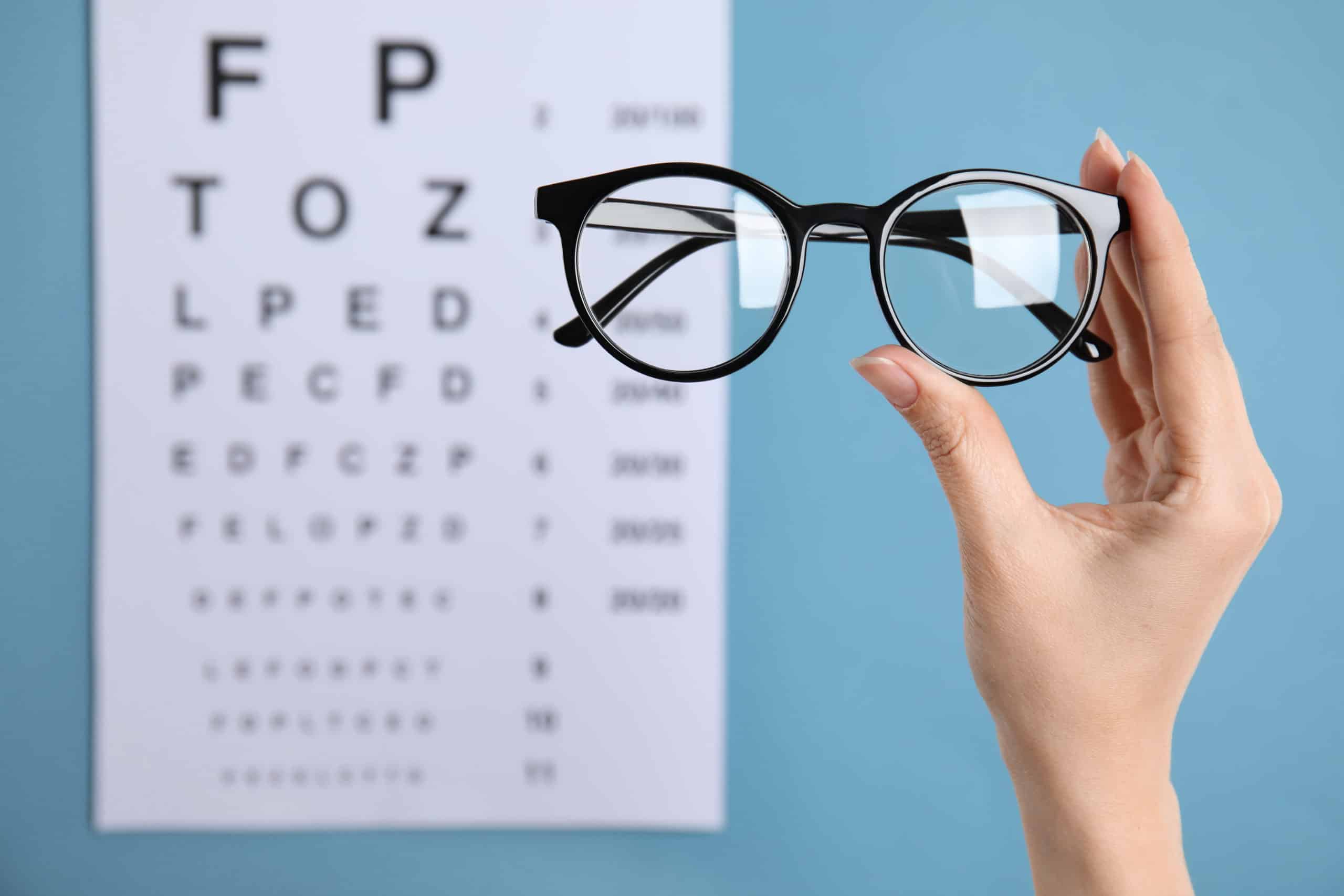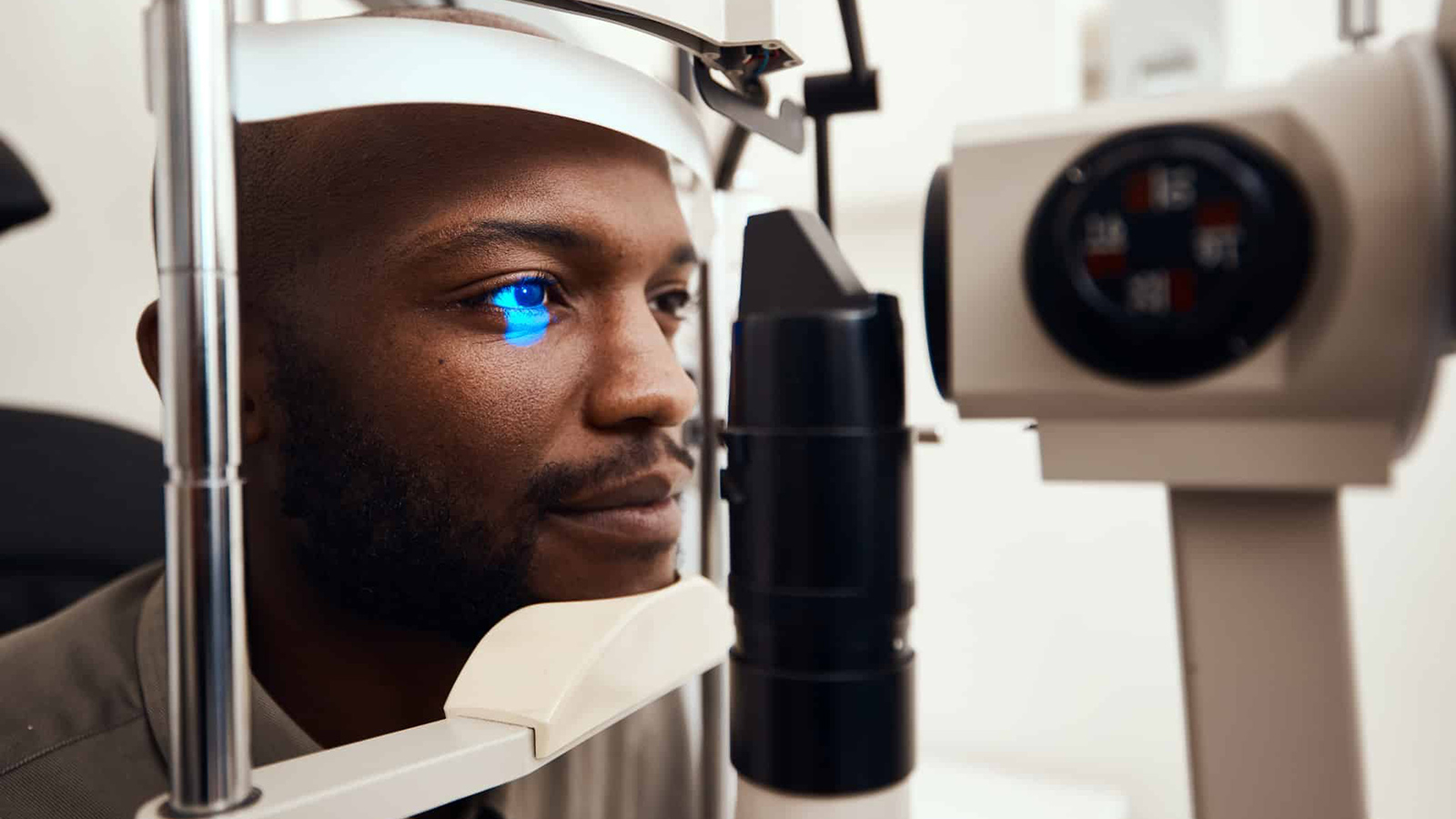Top 3 Questions to Ask Your Eye Doctor
Good eyesight is easy to take for granted. However, whether you have naturally 20/20 vision, wear corrective lenses, or manage an eye disease, it’s important to schedule regular eye exams. Before your next appointment, consider what questions to ask your eye doctor. After all, it will probably be a year before your next eye exam, so it’s good to ask all your pertinent questions before the appointment ends. While you may certainly have some concerns based on your specific situation, here are three questions that apply to almost everyone.
1. What Are the Best Vision Correction Options for Me?
Vision is one of your most valued senses, so you undoubtedly want to do everything possible to keep your eyesight sharp. If you no longer see clearly, ask your eye doctor what you can do to correct it. You may be presented with these options, depending on your circumstances:
- Eye Glasses
- Contact Lenses
- Prescription Sunglasses
- Cataract Surgery
- Lasik Eye Surgery
- Other Laser Vision Correction Surgeries (ie. Photorefractive Keratectomy or Astigmatic Keratotomy)
2. Are There Any Specific Steps I Should Take to Protect My Eyes Based on My Lifestyle?
You may wonder if you should be doing anything different to better care for your eyes. Depending on your job, hobbies, and eye health, your optometrist may recommend the following:
- Reduce digital eye fatigue when working on a computer by adjusting the lighting, wearing blue-blocking eyeglasses, and changing the screen settings.
- Wear protective goggles when working in hazardous settings.
- Wear sunglasses that offer UV protection.
- Replace your contact lenses as often as prescribed. Consider switching to continuous wear or daily disposable contacts based on your lifestyle.
- Manage diseases such as glaucoma, diabetes, and macular degeneration with help from your eye doctor.
3. How Often Should I Set Eye Appointments for Myself and My Family?
Your eye care provider will suggest visit frequency based on your age, vision, eye health, and medical history. Keep in mind that most optometrists recommend eye exams every one to two years, though you may not need to have your pupils dilated every time unless your risk of eye disease is high. Consider scheduling your next appointment before you leave the office. Otherwise, you may want to create a reminder on your phone when it’s almost time for your next eye exam.





